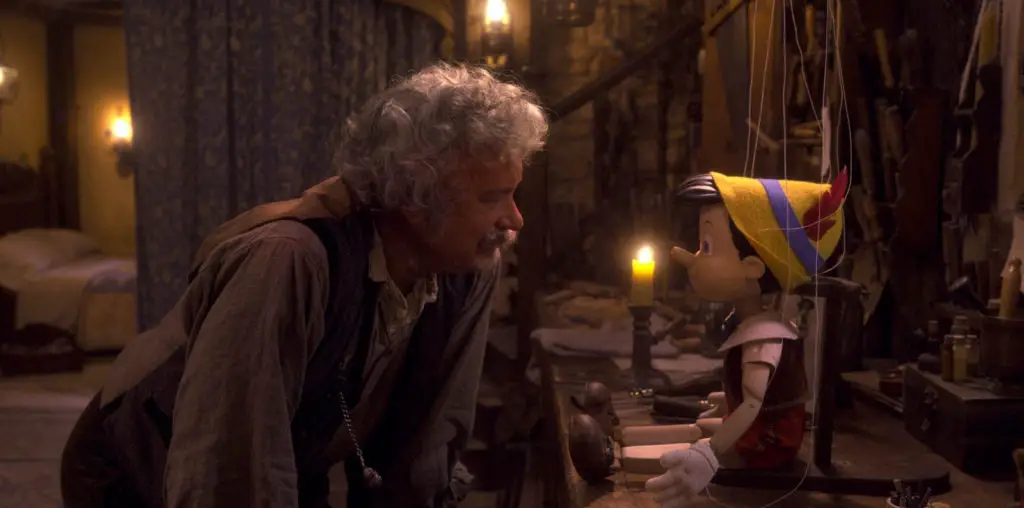
Frank Oz, well-known for directing comedies such as his most recent film, Bowfinger; and even better known as the man pulling the strings behind Yoda and Miss Piggy, is perhaps the last person one would expect to breathe some renewed life into the classic heist picture. Yet that’s exactly what he and a superb cast do in the sleek entertainment that is “The Score.”
“Renew” seems to have been the key idea behind “The Score,” particularly in its story. The basic plot is something that has been seen many times before. Montreal-based career thief Nick (Robert DeNiro) wants out of the criminal life to settle down with his flight attendant girlfriend Diane (Angela Bassett). First, though, Nick agrees to one last heist at the urging of longtime associate Max (Marlon Brando)–the theft of a priceless French scepter held in a customs house. Two wild cards are put into play: one, said customs house is in Montreal, thus violating Nick’s rule of not doing local jobs; and two, he must work with a young upstart named Jack (Edward Norton), who has already studied the inner workings of the building under the guise of a mentally challenged janitor.
Instead of trying to add new wrinkles to the time-worn recipe, Oz strips the genre down to its bare core. The plot is as simple as it sounds, and the twists in the story occur according to readily apparent schedule. Oz doesn’t stop there, however. The film’s R rating comes exclusively through language, for he doesn’t allow himself the easy out of titillating or distracting the audience with gratuitous violence or sex. Hence it’s that much more dependent on the cast to engage the viewer, and everyone lives up to their stellar reputations. A noticebly galvanized Brando appears to have a ball sharing scenes with DeNiro (perhaps because, if the stories are to be believed, that DeNiro himself directed them, not Oz, with whom Brando clashed), and the electricity emanates from the screen. Norton not so surprisingly keeps up with his elders with extraordinary ease. His live wire performance plays well against DeNiro’s cool calm, making for an intriguingly volatile chemistry. Of the core cast, Bassett fares the least well–if only because her role is never more than the token love interest.
The no-frills mindset Oz brings to “The Score” puts the most pressure on himself when it comes time for the heist to take place. The pattern of obstacles thrown in Nick and Jack’s way are obviously as meticulously calculated as the heist plans the pair map out, but Oz is able to keep the tension taut by sticking to the minimalist approach. There aren’t any overwrought score cues or out-of-nowhere physical confrontations to artifically manufacture suspense; Oz is wise enough to know that a simple gesture such as having a stray leg briefly creep into the picture of a security monitor is enough to generate the real deal.
Touches like those and the film’s attention to pure performance, both in front of and behind the camera, give “The Score” a distinctly old-fashioned feel–and in a season of CG effects _and_ thespians, such embracing of the basics is not only refreshing but feels downright innovative.
